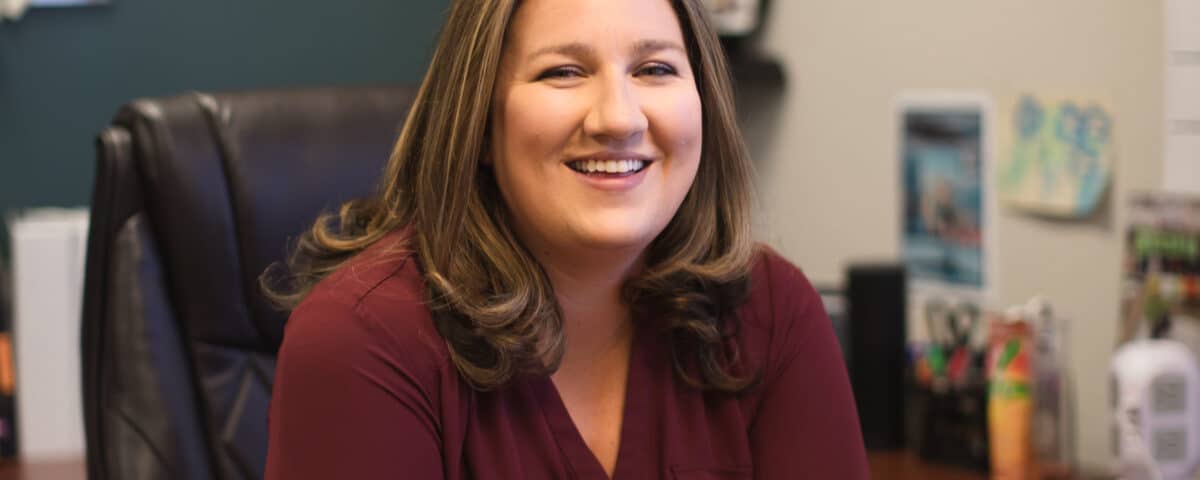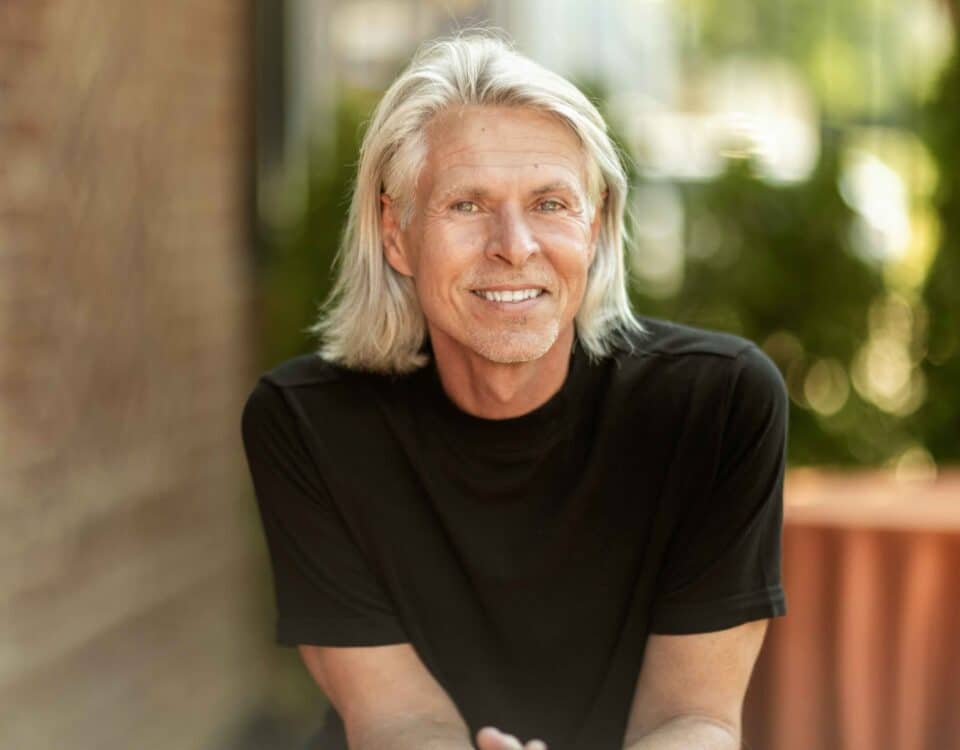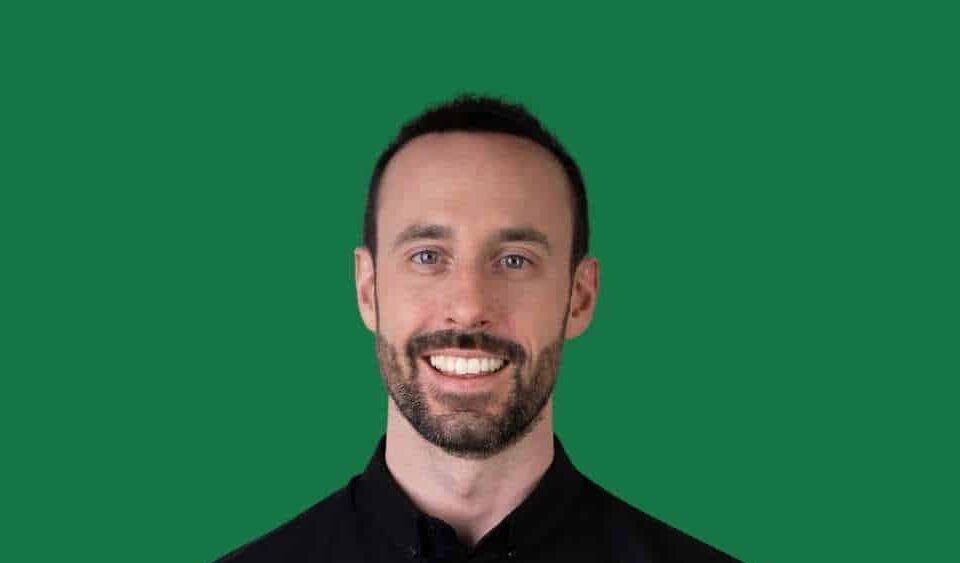UK aims to attract world’s best tech scale-ups to sector worth over $1T
November 22, 2024Actions speak louder than words for male mental health
December 5, 2024By Verne Harnish
At Paradigm Mechanical Corp., a construction company in Santee, Calif., CEO and founder Melinda Dicharry wants her team to have “bragging rights” when projects go well—and she means that literally.
To improve project execution and accountability, the company—specializing in HVAC, refrigeration and plumbing—has instituted its own Bragging Rights program, which awards teams bonuses for high-performing projects.
“It’s a way to focus the team on job excellence,” says Dicharry. “A project earns Bragging Rights if it meets criteria like no injuries, beating budget, job files that are organized, and a client recommendation.” So far this year, the company has paid employees $40,000 in Bragging Rights bonuses.
Approaches like this have helped Dicharry build the company, which started in 2010 as a three-person firm, to 45 people and $15 million in annual revenue. She recently completed the acquisition of San Diego Refrigeration, a 13-employee business, which contributes $3 million to that total.
Dicharry has used the Scaling Up platform to position the company for growth. She has worked with Scaling Up Certified Coach Karie Kaufmann, based in San Diego, Calif., for about two years. They have developed a five-year Vision Statement for the company, which Dicharry jokingly calls “Melinda’s plan to take over the world,” aiming for $25 million in revenue by winning multi-year government contracts.
That unofficial name for the Vision Statement may be humorous, but the plan has brought serious results. “Recently, I realized everything in that plan is happening, including the numbers,” Dicharry says.
Here is how she is pulling it off.
Accidental entrepreneur
Dicharry got into the construction industry while working for an HVAC contractor in college—and found herself intrigued by the wide variety of projects. When the owner decided to sell the business, she had taken another job at the corporation that acquired it.
“I went into that company thinking I’d climb the corporate ladder, but it wasn’t for me,” she says. “A group of us wanted to start a new company with a family feel, but with some of the structure we’d seen in larger companies. I was supposed to handle the business side, and others would handle operations, but when it came time to commit, no one wanted to sign on the dotted line. So, I ended up being the sole owner. I got my contractor’s license, and they worked for me for a while.”
Putting people first
One key focus area for Dicharry has been building a strong team. To that end, Kaufmann introduced DISC Profile for personality assessments to ensure employees were in the right roles. She also guided Dicharry in introducing in-office coaching to her team on customer service and communication.
“Talent is a huge challenge, especially in construction,” says Dicharry. “There’s a whole generation of tradespeople retiring, and the industry hasn’t done enough to train the next generation. We’ve gone into ‘warp speed’ with in-house training—teaching values first, then skills.”
Keeping skills sharp
One area that gets top priority is safety training. In addition to its onsite safety training, Paradigm Mechanical sends team members to industry training programs in OSHA compliance, quality control and first aid.
“Safety is a priority because an incident can overshadow even the most successful project,” says Dicharry.
The company also focuses on communication training. It enlisted a project management consultant to teach about difficult client conversations and effective written communication and brought in a trainer to guide the team on project scheduling and flow.
Getting clear on a firm’s Brand Promise and Purpose
To align her team as the company scales up, Dicharry has introduced her management team to the Scaling Up platform by having them read my book, Scaling Up: Rockefeller Habits 2.0. “Whenever I’ve got a new person, I highlight the pages and say, ‘Read these first few chapters. This is how we run the company,'” she says.
Dicharry had worked out the firm’s Core Values—attention to detail, work hard/play hard, go-getter and impact—before retaining Kaufmann, so they moved on to fleshing out the company’s Brand Promise and Purpose. Its Brand Promise is meeting deadlines, excelling at “challenging stuff” and doing more than expected, while its Purpose is solving complex challenges in ways others won’t or can’t. “A lot of the focus was on people—training and communication,” Dicharry says. These concepts infuse the team’s meetings and daily life as a company.
Growth through acquisition
Acquiring San Diego Refrigeration was part of the growth strategy Dicharry put in place with Kaufmann. “It was a great complement to our existing business,” says Dicharry. “What I really liked about the acquisition was the chance to access a new client base we could cross-sell to and the talent pool we could cross-train.”
Taking on a deal like this was new territory for Dicharry. “Karie coached me through the entire acquisition and how to work with both teams,” she says. “We did a whole session in one of our quarterly planning sessions, where we went through everyone’s questions and fears about the acquisition so that we could address them.”
One month after the deal, Dicharry brought both teams together in a Town Hall meeting where she discussed Paradigm Mechanical’s Core Values. “When I discussed each Core Value, I used an example from each company,” she says. “We had everyone break out and discuss each value and reflect on it. That gave them an opportunity to identify with the values.”
Protecting profitability
In planning the transaction, Dicharry did not want to rely on bank loans or SBA financing. She instead worked out a deal that was fully owner-financed with a substantial down payment from Paradigm Mechanical’s cash reserves.
With a strong emphasis on gross margins, Dicharry has taken a conservative approach to other debt, too, avoiding over-reliance on vehicle loans. She monitors cash flow closely to anticipate potential issues.
Thanks to these strategies, the company has only had to pass along incremental price increases in the current inflationary environment—and remained profitable.
“I could not have done it without Karie,” says Dicharry. “She has brought just enough accountability and push and always believes in our vision and plans.”




